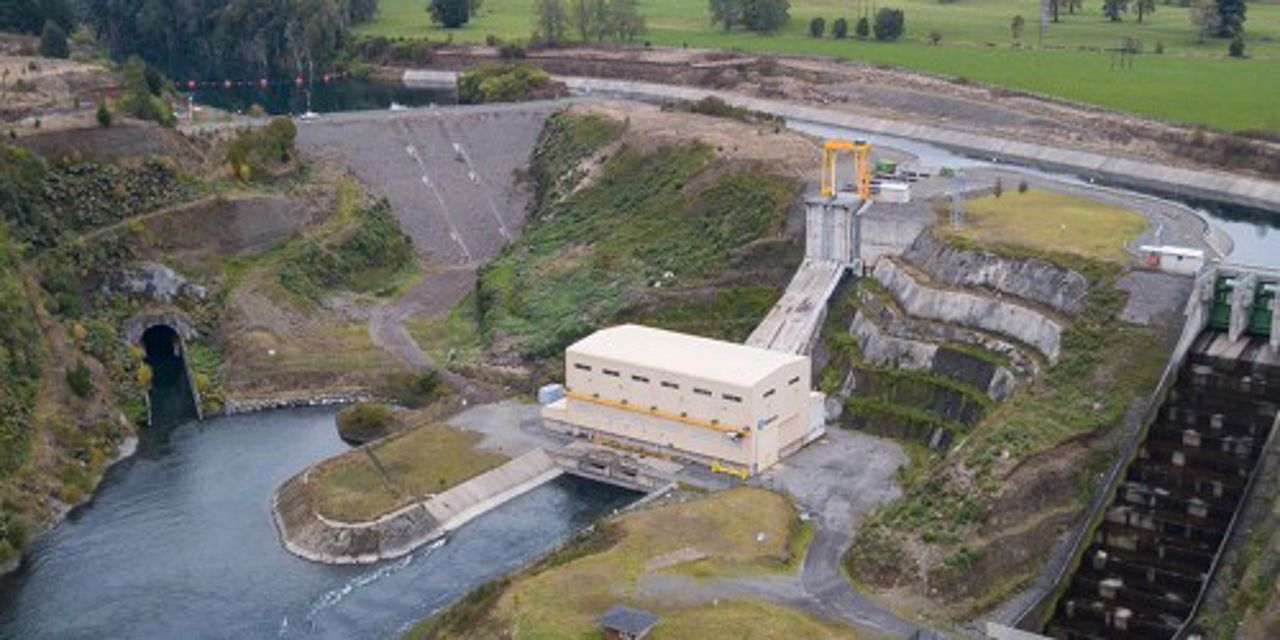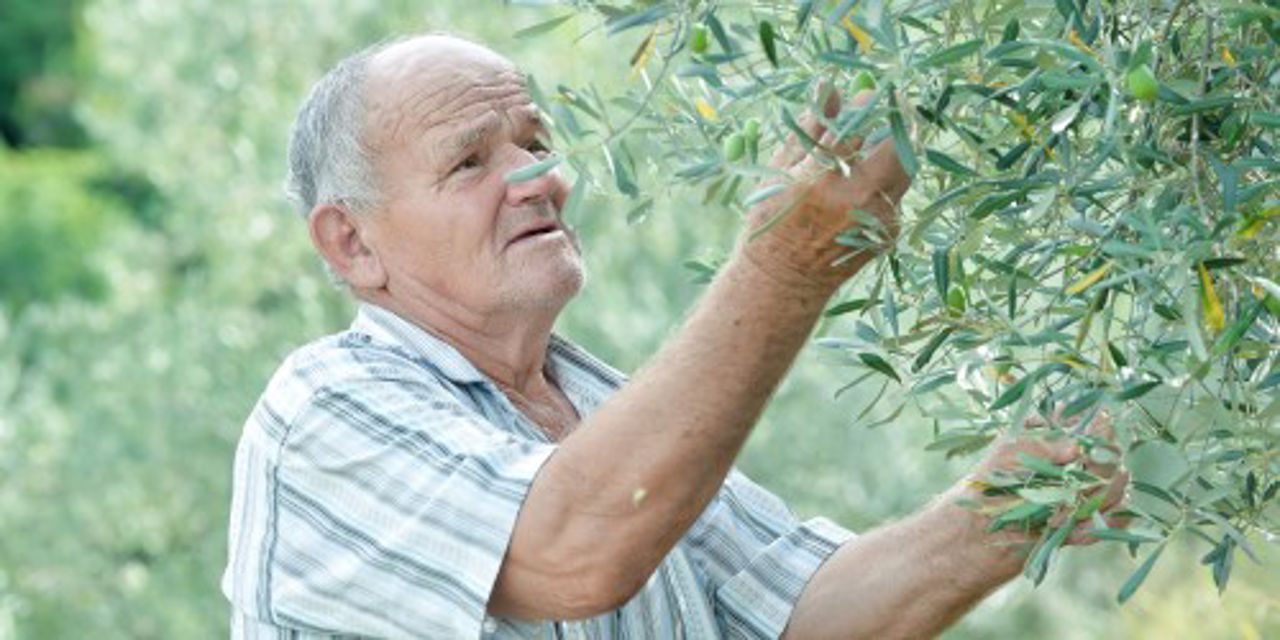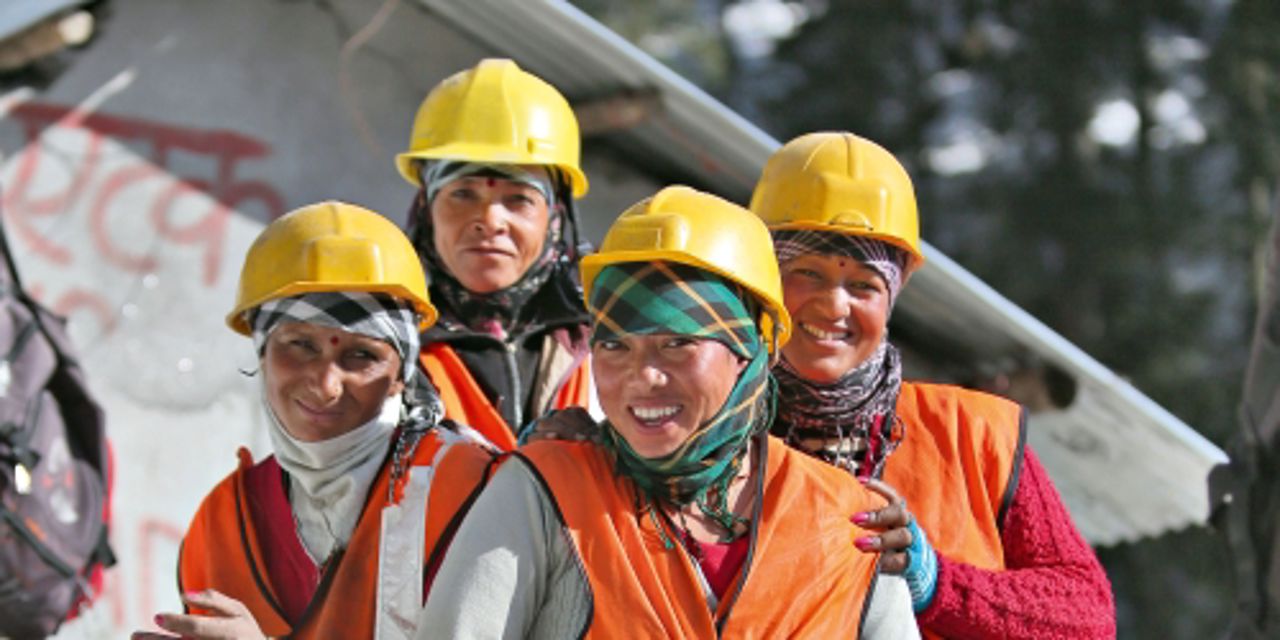Countries

Shared value
We believe that as we lead the shift towards renewable energy, we should also do our business in a way that creates shared value for both us and the countries and communities we operate in.
A systematic approach to community engagement
Many forms of energy generation come into direct contact with people’s lives. Solar, wind, and hydro are all land-intensive forms of power generation, and there will likely be an increase in the number of local communities being directly affected by our activities. We are determined to be innovative to find solutions to the challenges of local social and economic development where we operate.
Through active engagement with local communities, we work to find ways that our activities also create value for the communities and countries we are in. When starting new construction projects, we work to implement initiatives that benefit local communities.
When entering new areas or during the pre-construction phase, we engage with relevant stakeholders to better understand what matters to them, what is expected from us, and how we can find good solutions to common challenges. Awareness programs are an important tool for us to inform communities about the benefits of renewable energy programs, and other types of community investment allow us to extend our impact beyond providing clean energy.
Working with community development
Statkraft assesses and manages its impacts in line with international frameworks such as the principles of the UN Guiding Principles on Business and Human Rights, and for new projects the International Finance Corporation’s Performance Standards on Environmental and Social Sustainability provide useful guidance.
We integrate this international guidance into our processes, and when constructing for example a new hydro power plant, we:
- follow the mitigation hierarchy. This means avoid, minimise, mitigate, or compensate negative impact from our activities, including wherever possible exploring viable alternatives for technical design and/or location.
- promote long-term community development in our areas of influence. This will contribute positively to the long-term sustainability of our investments by generating synergies with our host countries and communities.
- systematically engage with, and establish constructive and responsive relationships with, our key stakeholders.

























